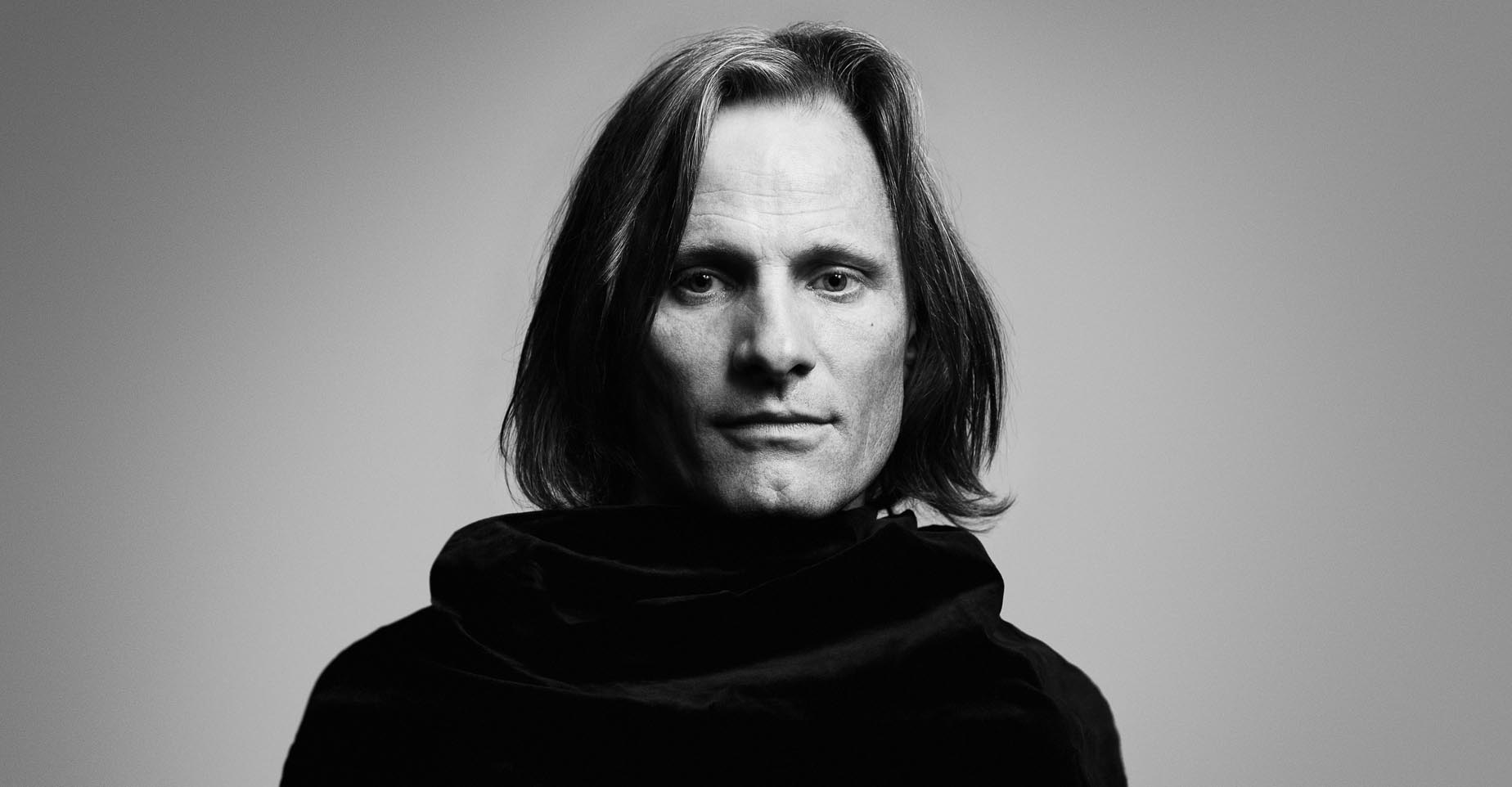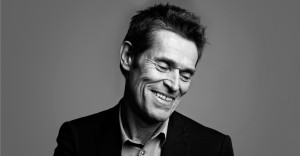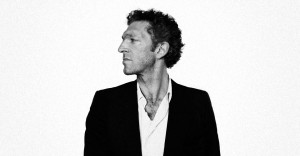Mr. Mortensen, have you ever been called a liar?
Everybody is at some point, right? Humans are inconsistent and that’s what makes them interesting. If they were completely predictable, it wouldn’t be so interesting. And movies that show people as being unpredictable are more interesting than movies that show someone behave the same way all the time. It doesn’t have to be the main aspect of the story, but I like characters where you see that.
Is an inconsistent character more difficult to play?
Sure and sometimes I’m not sure I can do it. But there aren’t that many good stories, so when a good one comes along you say, “Hmm, there’s not a good reason not to do it other than the fact that I’m afraid of failing to try this new thing, so I should do it.” So if I like the story and the people want to hire me, usually being afraid of not figuring out how to do it is not a good enough reason to say no.
What is a good reason to say no?
You like to feel like you can have a conversation with the people you’re going to work with, for example. As much as I admire some of his movies and some of his technical feats, I don’t think I would have been very happy working for Hitchcock.
Why not?
My understanding is that he didn’t give actors much room to think for themselves. And I think that shows, even in his best movies, except for when someone like Jimmy Stewart or Cary Grant who is very subtle can impart some kind of nuance to the performance. But otherwise almost all of the characters in his movies are like that because he doesn’t let them breathe, as people, the actors. You can feel it. And maybe that’s the only way he could do his movies, but who is to say his movies wouldn’t be even better if he had let people have some freedom?
Freedom to bring what kinds of things to a part?
There are different ways of preparing… There’s only one thing that I always do, which is ask myself what happened from when the character was literally born until the first page of the script. That’s where it always starts for me. If you do that, you’ve already done half of the work, because that could be a lifetime of exploration if you want to. There are a couple of movies I have coming out this year and one takes place in Algeria, so I went there because I spoke French before the movie, but not in the way I needed to for that movie. I didn’t speak Arabic, so I had to learn that, too.
Of course you did.
But for another movie I did recently called The Two Faces of January I could more or less speak the way I speak English, so there were other aspects like the physicality and behavior traits that I used, things that I associated with movie characters, descriptions of characters in novels. The film takes place in 1962, so I also thought of people from my parent’s generation, men that I remember growing up who were Americans who had a certain way of moving about and talking and wearing their clothes and thinking they are hot shit. (Laughs)
Is that what you imagine when you think of people in the ’60s?
It was a little different as men who grew up in the 1930s, who were in World War II and were affected by it as young adults. There was a certain sense of decorum. In the 1930s, even a factory worker, if he had a coat, he’d wear it. The way you look had to do with personal dignity. Actors going to work in England, to a studio, they would go to work in a suit and tie, or often the crew would be wearing that too.
Do people care less about their appearances nowadays?
I think it’s just different… it goes in phases. A studied effort to seem like you don’t give a shit is one style, to shock is another style. I try to wear clean clothes, but I’m not consciously very interested in fashion. It depends on what time period you’re in or where you are or what group of people you’re with. I think these days fashion or style is becoming more and more homogenous because the same shops are in Madrid and Berlin and New York and Buenos Aires. There is less and less regional difference.
The globalization of culture has been going on for a while now.
In the ’50s, you started getting the Beats and the beat poets and movies became more and more important, especially in North America and that started influencing Europeans a lot. In the early twentieth century it was still books and theater, but by 1950s it’s the movies that are affecting how you look at yourself, whether you’re American or French or German. Everybody in the young generation at a certain time wanted to look like Marlon Brando.
And then it became James Dean.
Right, there was a heavy influence and by 1962 the references that people had, unless you were an academic person or extremely well read, you didn’t sit around talking about novels, you talked about movies, or pop music or jazz if you were young.
Is it important for you to stay up to date on pop culture?
It’s very unusual to meet somebody who is 85 or 90 years old where you say, “That’s a really interesting old man or old woman. She’s really interested in what’s happening now. She’s doesn’t like rap music, but she’s listening to it,” or something like that. The people like that are special, and it should be the opposite. Because experience should free you, should inform you, should make you wise in your behavior, not just what’s in your head.
Unfortunately that’s not always true.
I think it’s natural for people. The more experience you have, the more time you’ve spent on this earth, the more regrets you accumulate. It’s normal. You can’t do everything right, nobody’s perfect, so you have things that you did wrong. But if you think too much about that, you’re not here. That’s the bottom line. You have to make some efforts to stay open-minded.
What is your way?
By making things and by acting and by playing characters that have different points of view from my own, I have to think, “How do I play this guy? I don’t really see the world that way, I don’t wear clothes like that, I don’t look like that, I don’t think that way.” It’s a conscious thing that you do to keep from closing down. I’m forced to do it because of my profession. I’m lucky.
Return to Top

Short Profile
Name: Viggo Peter Mortensen, Jr.
DOB: 20 October 1958
Place of Birth: New York, New York, USA
Occupation: Actor





















Comments
write a comment, read comments